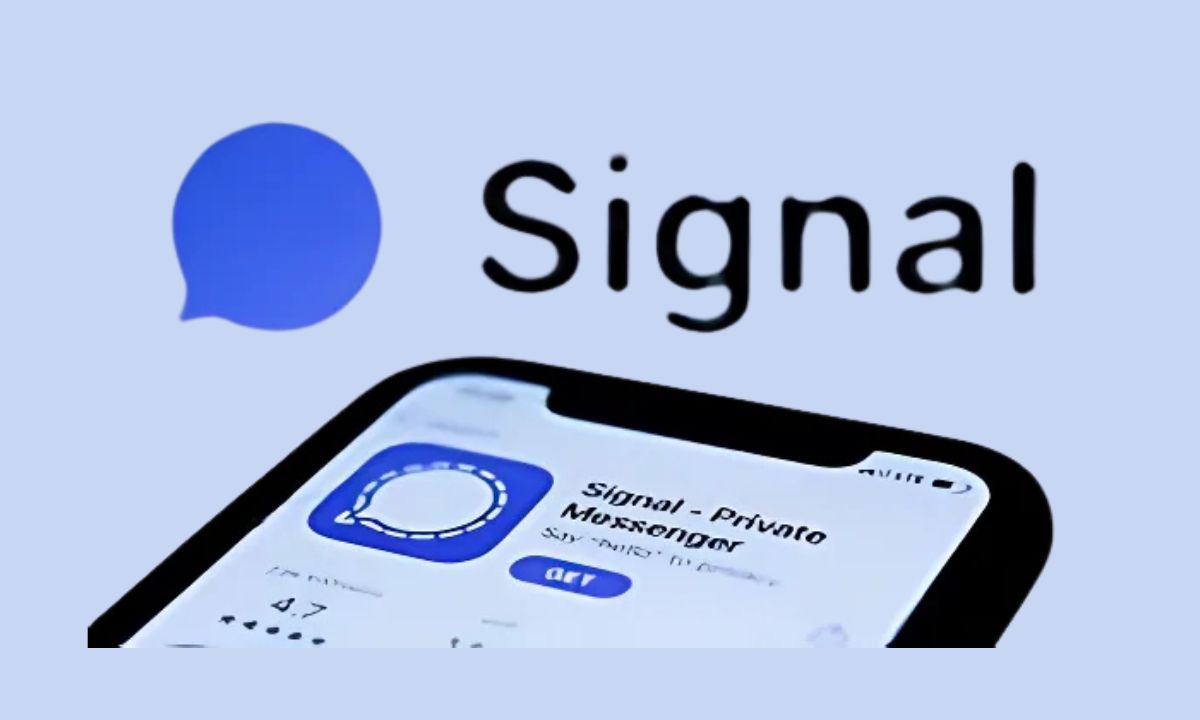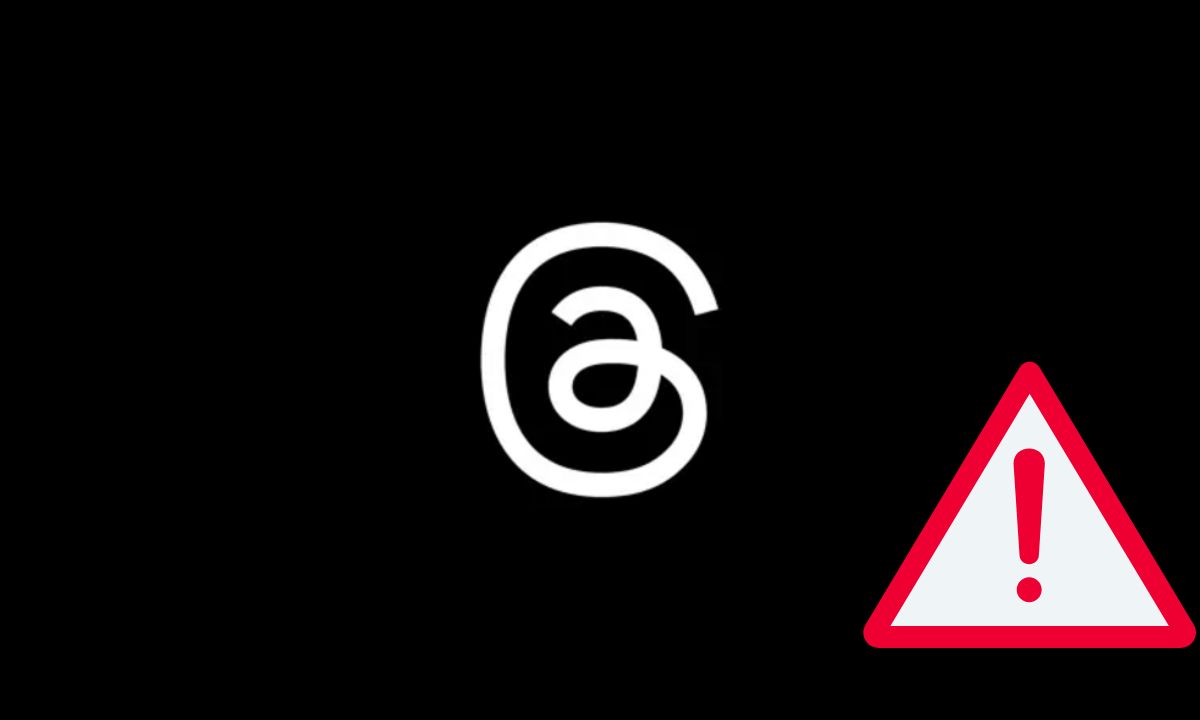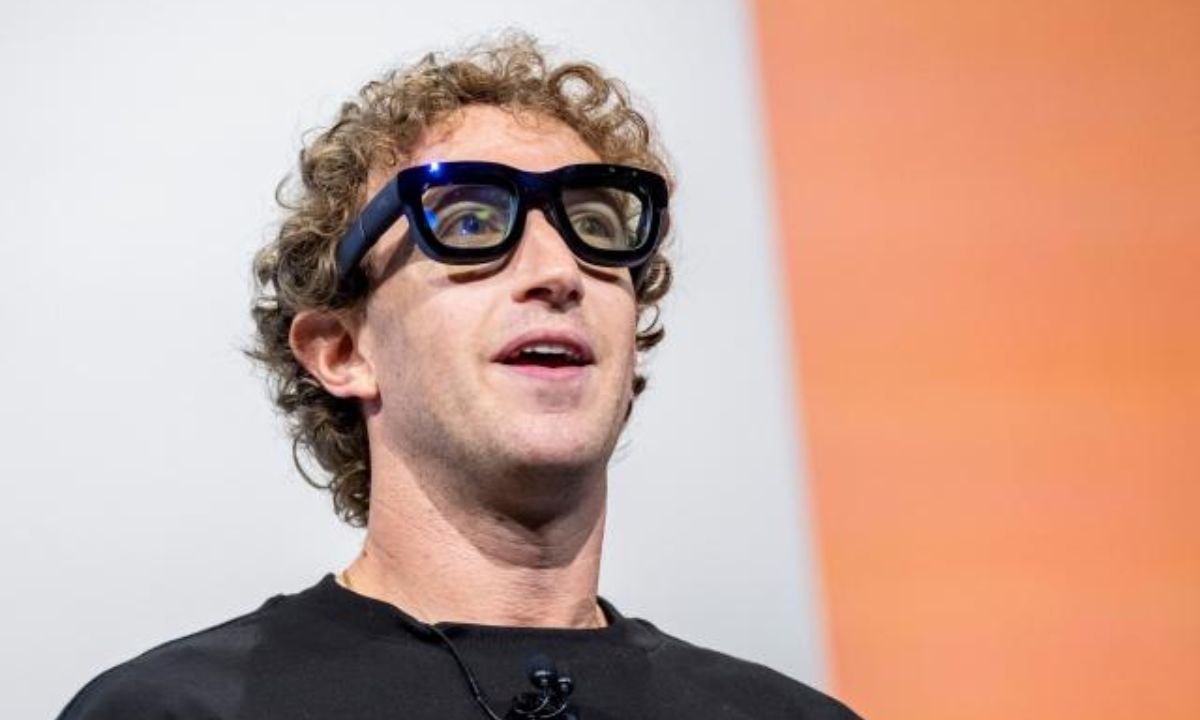Signal, the privacy-conscious messaging app, has been gaining significant traction in the Netherlands over the past month, often topping the charts as the most downloaded free app on both iOS and Android. According to multiple app tracking services such as Sensor Tower, Signal’s popularity surge comes amid growing concerns about digital privacy, especially in Europe. The app is known for its minimal data collection and commitment to user privacy, positioning itself as an alternative to more mainstream apps like WhatsApp.
Meredith Whittaker, Signal’s President, recently told Dutch newspaper De Telegraaf that the number of new users in the Netherlands has increased by a factor of 25 compared to previous periods. She attributes this growth to the increasing awareness about privacy, growing distrust of big tech companies, and the realization of the vulnerabilities in digital communications.
Signal’s rise in the Netherlands has been remarkable. Data from AppFigures shows that in early January, the app was ranked 365th on the iPhone’s non-game apps chart. By February 2, it had risen to the top spot, and throughout February, it held a strong position in the top rankings. Downloads soared from 22,000 in December to 99,000 in January and 233,000 by February, marking a 958% growth.
The Netherlands’ surge in Signal downloads is part of a broader European shift, with neighboring countries seeing more modest increases in app downloads. For example, Belgium experienced a 250% rise, Sweden 153%, and Denmark 95% in the same period.
Experts believe this growth could be linked to growing disillusionment with the dominance of U.S. tech companies and concerns over data privacy. The Dutch, like many Europeans, have become more aware of their dependency on American tech giants, whose practices have increasingly come under scrutiny. Signal, as a privacy-first, non-profit service, is being seen as a trustworthy alternative, particularly in the context of the public’s rising concerns over data protection and privacy breaches by major platforms like Meta and Twitter.
Vincent Böhre, the director of Privacy First, suggests that recent media coverage of U.S. tech companies’ controversies, including their associations with figures like former President Donald Trump and Elon Musk, has shifted Dutch public opinion towards privacy-focused alternatives. Even individuals who were previously indifferent to privacy issues have shown increasing interest in apps like Signal.
While the Netherlands is a relatively small market, this growth could be part of a larger European trend. Signal’s commitment to user privacy remains steadfast. Whittaker reiterated the company’s refusal to compromise on its privacy and security promises, even in the face of government pressure. In an interview, she reaffirmed Signal’s stance of not allowing backdoors or changes to its encryption, particularly in light of recent debates over data privacy laws in the U.K. and Sweden.
Signal’s rise in popularity in the Netherlands signals a broader shift towards privacy-conscious digital services, highlighting the increasing importance of data protection in a world dominated by Big Tech.






